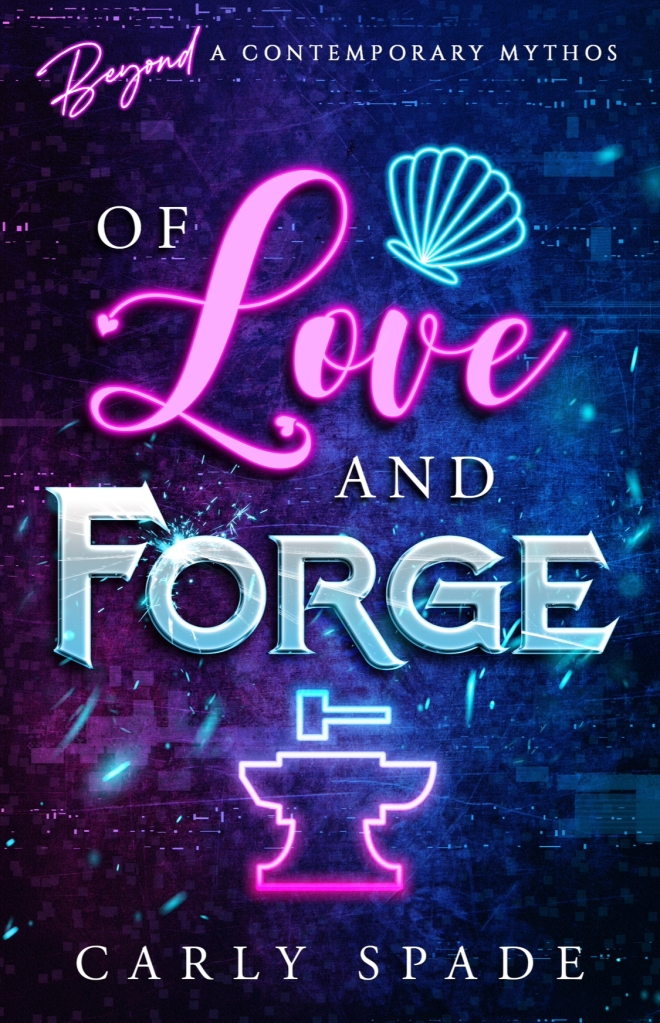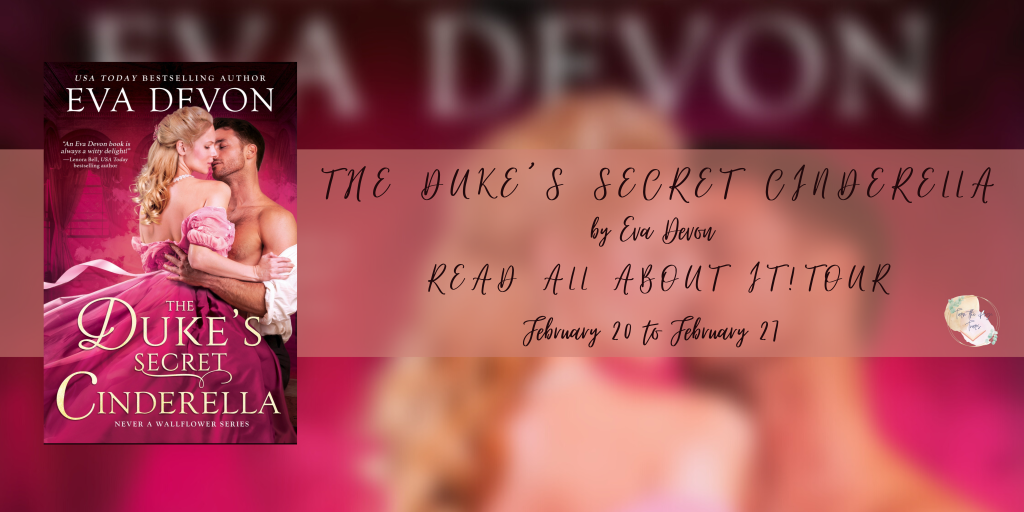Pride and Prejudice is my personal favorite—and, arguably the most favorited of all Jane Austen’s novels—so I thought I would start there. Pride & Prejudice is one of the most loved and widely adapted of Austen’s works. Since it was first published in 1813, Jane Austen’s Pride and Prejudice has sold over 20 million copies, and is now one of the most recognizable names in British literature. Though it was written over 200 years ago, it remains relevant. Not only is it a beautifully written love story with a happy ending, but it contains timeless insights about human nature that reminds readers that first impressions can often be wrong.
Discussion Questions to think about while reading Pride and Prejudice:
What are some themes in the story? How do they relate to the plot and characters?
What was your favorite moment of the book? What is your least favorite?
The working title of the book was First Impressions. Why is Pride and Prejudice a better title? In what ways are Darcy and Elizabeth guilty of both pride and prejudice and how does this drive the action of the story?
Marriage, as something to be aspired to, is portrayed quite differently in the novel than in existing marriages. What married couples do we see in the novel? How would you characterize these relationships?
Two central characters in Jane Austen’s works have her own first name. In Pride and Prejudice, Jane Bennet is described as “everything lovely.” In Emma, Jane Fairfax’s character is described as a “decorous, talented, beautiful woman.” What do you make of that?
Do you find the characters likable? Are the characters people you would want to meet?
Is Elizabeth Bennet consistent in her actions? Is she a fully developed character? How so?
How essential is the setting to the story? Could the story have taken place anywhere else? What makes this novel “timeless”?
My responses:
What are some themes in the story? How do they relate to the plot and characters?
Some of the themes in the book center around the idea of love versus the institution of marriage, the expectations placed on women, social class and status, as well as manners and integrity.
What was your favorite moment of the book? What is your least favorite?
One of my favorite moments of the book is when Lizzy realizes her love for Darcy. “I do, I do like him,” she replied, with tears in her eyes; “I love him.” And then she goes on to say how she was so wrong about him, and I just think it is such a beautiful moment of self-realization and romance.
Another favorite is Caroline’s quote on libraries: How much sooner one tires of any thing than of a book! — When I have a house of my own, I shall be miserable if I have not an excellent library.”
One of my least favorite moments is when Charlotte Lucas marries Mr. Collins. It just doesn’t sit right with me that she took Lizzy’s leftovers. Another low is everything about the slimy f-boy rake Mr. Wickham.
The working title of the book was First Impressions. Why is Pride and Prejudice a better title? In what ways are Darcy and Elizabeth guilty of both pride and prejudice and how does this drive the action of the story?
First Impressions was a great working title because it captures the essence of the story, but I think using the words Pride and Prejudice helps to narrow it down even more. Lizzy and Darcy’s first impressions of each other were wrong because of their pride and their prejudice, and they are given the space to work through their misunderstandings and reevaluate their first impressions. There are many times throughout the book that various characters are very judgy in general, and I think that also plays into pride and prejudices in a way. Also, both Lizzy and Darcy show signs of being prideful and prejudiced at various times throughout the book, though traditionally Darcy is aligned with Pride and Lizzy is meant to be Prejudice.
Marriage, as something to be aspired to, is portrayed quite differently in the novel than in existing marriages. What married couples do we see in the novel? How would you characterize these relationships?
I would categorize most of the married relationships in the novel as unhappy, or lacking in some way. My personal favorite couple is Mr. and Mrs. Bennet, I just think their toxic dynamic so so hilarious. I think this is Austen’s way of poking fun at the institution of marriage. She herself remained unmarried while all or most of her main characters get HEAs. This seems a bit satirical and ironic to me, that a woman who wrote about characters who strive toward the ideal of marriage did not actually practice what she preached.
It also has always left me wondering about her own relationships. Some scholars have speculated about Jane’s love life, and some theories suggest she was jilted by the love of her life, Tom Lefoy. But there is no concrete evidence and it is just a fan theory that I frequently wonder about.
Two central characters in Jane Austen’s works have her own first name. In Pride and Prejudice, Jane Bennet is described as “everything lovely.” In Emma, Jane Fairfax’s character is described as a “decorous, talented, beautiful woman.” What do you make of that?
I find it hilarious that Jane had a habit of naming her most talented and beautiful characters after herself!
Do you find the characters likable? Are the characters people you would want to meet?
Some of the characters I find very likeable, and I would still like to meet some of the unlikeable characters just because they bring so much drama to a room!
Is Elizabeth Bennet consistent in her actions? Is she a fully developed character? How so?
I would categorize Elizabeth Bennet as a bit inconsistent, actually. I think she is written with flaws, as are most of the characters, and given room to grow, which is important to her character arc. By the end of the novel she has had time to change her mind on certain things, and the fact that she is a character who can admit her mistakes and learn from them makes her a strong character.
How essential is the setting to the story? Could the story have taken place anywhere else? What makes this novel “timeless”?
Though it was written over 200 years ago, Pride and Prejudice remains relevant today. Not only is it a beautifully written love story with a happy ending, but it contains timeless insights about human nature that reminds readers that first impressions can often be wrong. There have been countless adaptations of this story that continue to borrow the enemy-to-lovers trope, because it is an age-old idea that is universal.
Human nature hasn’t changed much in 200 years, and we are all just Standing On The Shoulders Of Giants and recycling the same Seven Basic Plots. Reinterpreting their ideas and making them modern isn’t a new idea. Literature has always been intertextual – writers have forever been influenced by other writers. We are all only standing on the shoulders of giants, and the fact that Jane Austen’s books are still discussed, read, reworked and adapted 200 years later just proves the timelessness of her writing.











